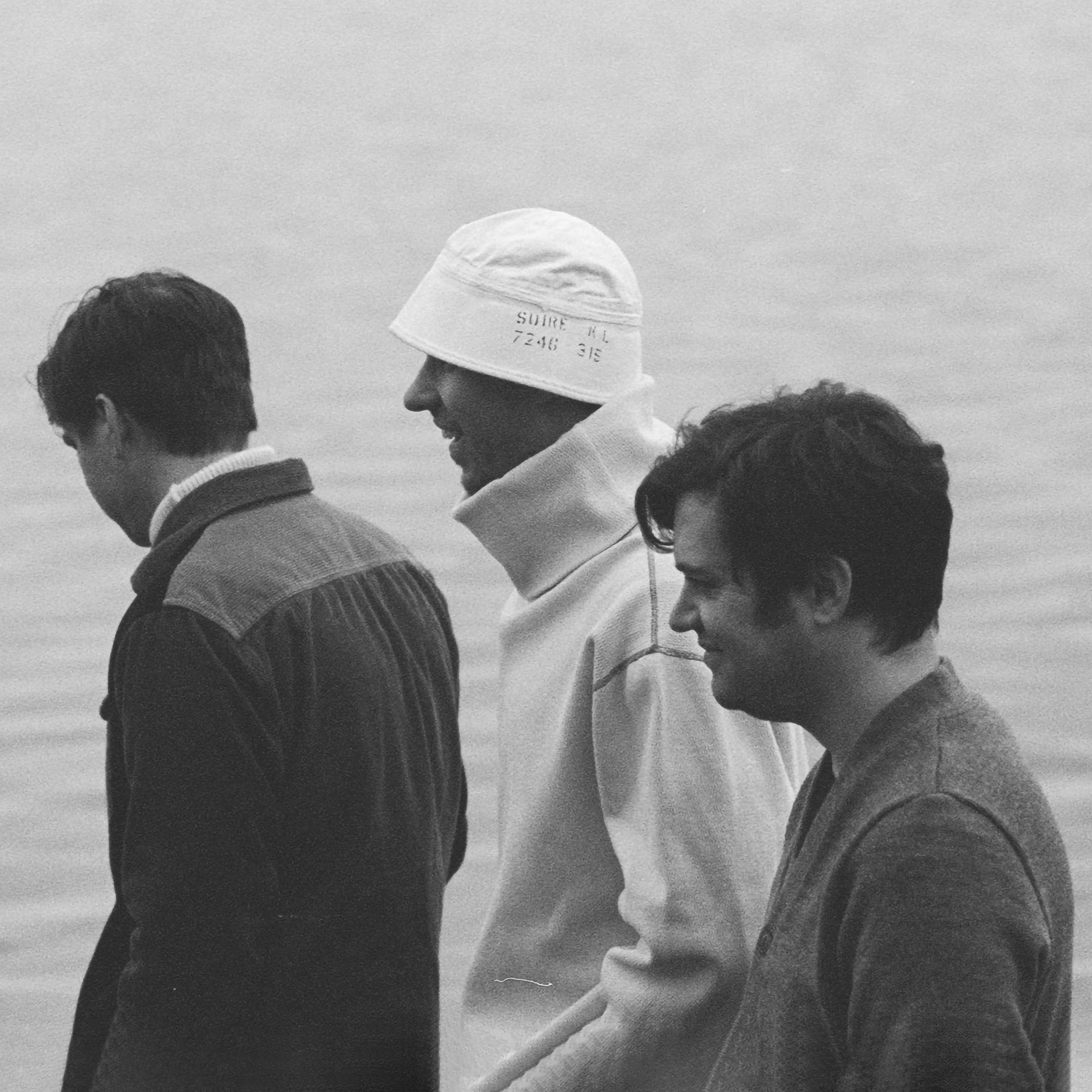
BADBADNOTGOOD (CA)
Canadian ensemble BadBadNotGood made their name by crossing genre. This seamless movement between style hit hard when they took hip hop into jazz and vice versa. Their latest album – and first with XL recordings – demonstrates them going back to their instrumental beginnings. Instead of looking at the now, they reflected the history and innovation of those that influenced them. To paraphrase Lamont Dozier, this is an album about going back to their roots.
BadBadNotGood formed in 2010, moving between three and four members before establishing its current line up in 2015. The band, aka Alexander Sowinski (drums), Chester Hansen (bass) and Leland Whitty (guitar and woodwinds), met on the Humber College jazz program in Toronto. At the time, instead of working with traditional jazz standards, the group sidestepped and drew from hip hop and other contemporary genres to create a unique sound rooted in Black American music, but 2021’s Talk Memory pays homage to the musicians, composers and influences that first informed their work.
One of the central driving forces behind their latest album was to capture some of the focus, energy and improvisation which is at the heart of their live shows. As they noted, a song is a living breathing thing that naturally changes and evolves as it is played in different settings. This is an album that plays with that thinking. After years of touring, the band paused, refreshed and looked at their history and experiences before starting out on their current instrumental project. A sense of reflection and renewed communication is at the heart of their current approach to making music, and the spark that led to the album’s pensive title Talk Memory. Instead of recording and then developing the tracks on tour, the band decided to slow down and rethink their creative process. By the time they entered the studio and recorded the improvised performances, they had already clearly approached the process of writing and composition. The approach was more intentional, had a longer gestation period and was created over two years. The speed of their compositions, performance and sound has shifted in fresh ways. Instead of improvising and growing their tracks on tour, that process happened in the studio.
